Investor’s Passport to Hedge Fund Profits: Unique Investment Strategies for Today’s Global Capital Markets
$26.08
| Author(s) | , |
|---|---|
| Format |
|
| Pages |
352 |
| Published Date |
2010 |
The Investor’s Passport to Hedge Fund Profits demystifies international investing and gives you the tools by which to effectively profit from a wide array of asset classes. For the purpose of this book, and in accordance with our outlook, we take a broader, more general view of just what makes a hedge fund a hedge fund. If you begin with the general definition that a hedge fund is a pooled investment fund that’s structured in such a way so as to reduce risk, preserve capital, and maximize returns in any given market climate, you are off to a good start. In fact, that is really, in a nutshell, what a hedge fund is.
Introduction:
The definition of a hedge fund has become both fluid and expansive over the years, to the point where there is now a wide variety of hedge fund styles to meet the discerning tastes and unique goals of investors. The more purist view of a hedge fund dictates that it engage in such stereotypical hedging strategies as short selling and derivatives used to hedge the performance of mainstay asset classes (notably stocks) to maximize gains and limit losses to as great an extent as possible. That said, you find we are not slaves to traditional hedge fund dogma, in the sense that if you do not use derivatives often, or at all, then you are somehow not really prosecuting a hedge fund approach to your portfolio; we are not tied to the idea that the exclusion or inclusion of select strategies makes or breaks you as a hedge fund manager.
The real issue, in our view, is adherence to the aforementioned definition, and while your pursuit of realizing same may include your decision to utilize more typical hedge fund mechanisms, doing so is by no means a requirement, and focusing so single-mindedly on the use of such strategies might even cause you to lose sight of the forest for the trees. In actuality, a large number of hedge funds do not utilize derivatives instruments or leverage at all, which is not the popular conception; the popular conception is that hedge funds take massive and highly leveraged positions in a particular asset class that is very much in favor at a particular time with a given manager. Although those funds certainly exist, that is a somewhat overblown view of hedge funds. It is certainly within one’s rights to look at a hedge fund as a mechanism by which to place some (somewhat) managed bets on markets or market components in order to try to make a killing, but that is not the manner in which we embrace the hedge fund concept here. We believe that the core benefit of the hedge fund approach lies in the ability to rotate weightings throughout the available asset classes (as well as countries and regions) on a basis that allows us to, overall, beat benchmark returns.
Rather than selecting a highly specific style (i.e., distressed securities, special situations, short selling) that rules the way in which our portfolio is composed and managed, we refrain from needlessly boxing ourselves into a corner and instead adopt a more blended approach to our investing. For example, we do not focus primarily on aggressive growth securities or on those that are distressed; we do not believe the use of leverage has to be a mainstay, and that if you choose against its use then you are not really applying a hedge fund perspective to your portfolio management. Our approach is to consider all key asset classes, guided chiefly by a mix of fundamental and technical analysis, with some intuitive reasoning thrown in, and utilizing more acutely aggressive options only when it seems to make real sense to do so. You are free to do what you want, and the core methodologies and concepts contained here will serve you well regardless of which specific hedge fund style you adopt, but we are comfortable with a portfolio management style that involves maintaining a capital preservation foundation from which we construct growth opportunity structures.
Contents:
- Opportunities Away from the Land of Opportunity
- Accurately Reading the World’s Economies: An Intermarket Primer
- The Tools in Your Equity Toolbox
- Key Strategies for Realizing Winning Returns in Foreign Equities
- Global Fixed-Income Investment Concepts
- Making the Buck in Currency Trading
- Accessing Foreign Real Estate
- Derivative Use for Offense and Defense
- Portfolio Management Applications
Investor's Passport to Hedge Fund Profits: Unique Investment Strategies for Today's Global Capital Markets By Robert J. Yetman, Sean D. Casterline pdf
6 reviews for Investor’s Passport to Hedge Fund Profits: Unique Investment Strategies for Today’s Global Capital Markets
Clear filtersOnly logged in customers who have purchased this product may leave a review.


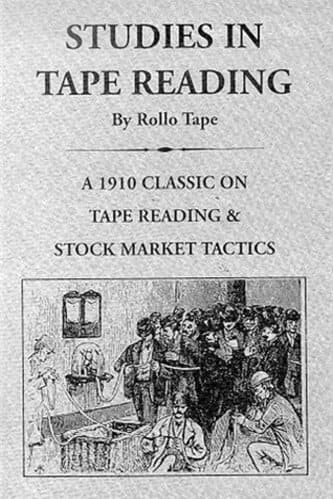
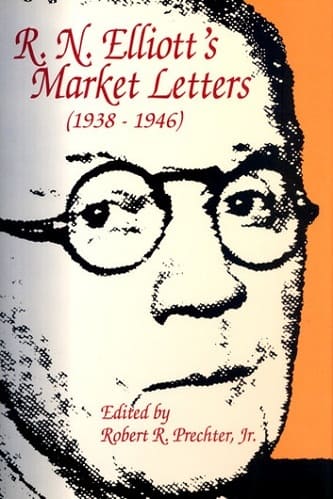
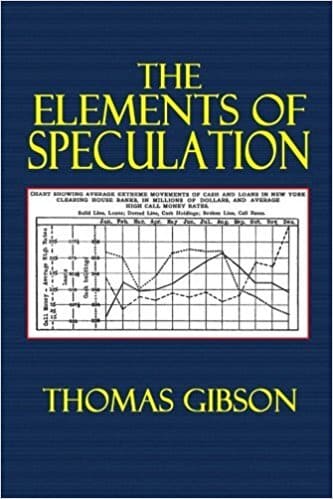
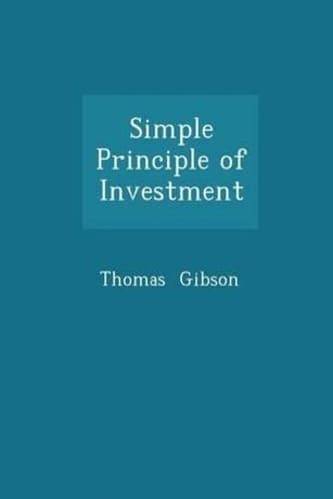

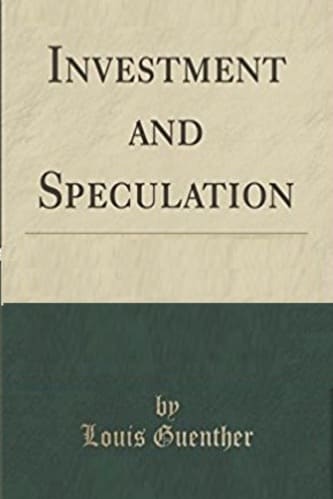
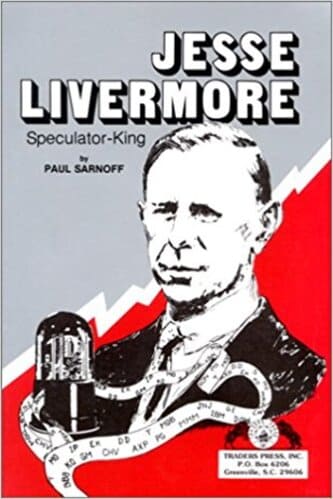
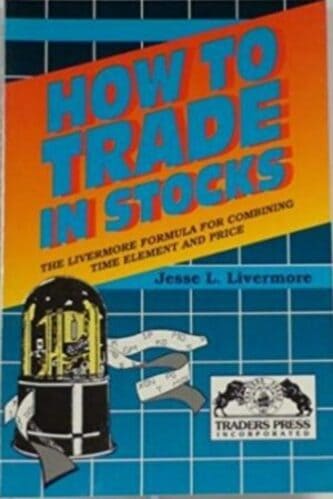
Leroy Collier (verified owner) –
Investor’s Passport to Hedge Fund Profits demystifies global access for the investor who has always felt that he is on the outside looking in at the opportunities presented by foreign markets. Starting with a compelling illustration of the basis for going overseas, the book does a great job of educating the reader on the successful management of both individual asset classes as well as the entire portfolio that is comprised when those asset classes are assembled in concert with one another. This book is especially timely, as investors will have to look farther, literally, than they’ve ever had to before in order to realize competitive returns.
Bobby Vance (verified owner) –
Investor’s Passport to Hedge Fund Profits is a well-written book that should be in the personal library of those investors seriously interested in gaining ‘global market’ investment expertise. In many respects, this is the most insightful, effective, and comprehensive book on international investing that I have ever read.
Karina Hayden (verified owner) –
I was most impressed with this book. Having spent a career as a Financial Planner and Investment Advisor, I was particularly impressed with the global perspective of the author. I also taught Strategic Management for 20 years, and the authors have very correctly captured the idea that the old paradigms of the past just cannot work, and that a global approach is pretty much necessary if you want to see significant growth of investments. This is not your typical hedge fund book. This book doesn’t emphasize risky investments. Nor does it talk about investing in derivatives. Instead, it is talking about, quite literally, hedging against down markets and putting your investment dollars into places where there is positive growth even amid this economic crisis.
I was also impressed with the number of resources the authors provided. With the age of the internet, the authors have effectively put all the tools an Investor’s Passport to Hedge Fund Profits: Unique Investment Strategies for Today’s Global Capital Markets (Wiley Trading) investor might need in a nice, neat format, equiped with URLs and other very useful information. Despite my years in the business, I still learned a few things!
The books reads well and intellilgently. It is logical, concise, and offers many examples. I found this book very worth reading as a professional. If a non professional were to read this book, I have no doubt it would lead them toward a path of increased investment profits. I must admit, I was surprised at how well it flowed for a topic that is not the easiest to understand. The authors broke down the components of investing so well that readers of any experience in the markets would probably benefit. Very well done…a real A+ for the authors. Highly timely and relevant to today’s economic situation.
Anya Ruiz (verified owner) –
Unless you are so ignorant of what the world outside US is about or you dont mind reading general investment books by standard secondary research, dont pick this. I dare not say I know everything yet as a CFA pro futures trader who trade currencies, oil, gold, stock market index, …..with an MBA from University of Hong Kong (not to show off but to counter the qualifications of the authors), I can tell most of the info about China and Hong Kong are inaccurate. On page 26, it says that the public debt of HK is 14% of its GDP where in fact HK has zero public debt. On page 27, it had mixed up the China/PRC markets with the Hong Kong one referencing to the Hang Seng Index. To save my time, I jumped to the Index to check “China”, only to get myself more disappointed, in particular on page 313 where the authors elaborated on how to choose between two coal mining companies in PRC by sheer comparison of historical returns and their standard derivations. That was when I knew I had chosen the wrong book. In short, do not trust the five star reviews given by those with only one review record. There are plenty of better alternatives in the market. You should invest your time and money wisely.
Madden Barron (verified owner) –
What I liked about this book so much centers around two things: its comprehensiveness and its intense focus on mitigating risk.
Starting with comprehensiveness: This book is for people who are serious about looking for investment opportunities internationally. It covers foreign equities (like most international investing books) but where it really separates itself is the breadth it uses to describe strategies and opportunities for investing in foreign fixed income and real estate (physical and financial). It also does the best job of any book I’ve read in explaining how to use derivatives “For Offense and Defense”, even though it’s not a derivatives book. The derivatives and currency chapters are actually the best in the book (full disclosure: this is coming from a domestic equity analyst) in terms of getting the reader to understand both the fundamental and technical issues in these markets. Simply put, this book goes so far beyond what most professional money managers do when they or their clients want international exposure (buy the EFA and/or EEM). I sincerely believe that in the future, the international analysis done by US investors will have to evolve beyond these two ETF’s, and so I think this book is WAY ahead of that curve. It definitely gave me a vastly better understanding of international markets and the opportunities that exist in them.
Considering risk: I just have to say that it was nice to read an international investing book/commentary that focuses on mitigating the risks in investing in foreign markets, and not just on the potential returns. Don’t get me wrong, though – the authors do not mince words in describing the diversification benefits of investing overseas along with the opportunity for high returns. But it is clear that they are not looking for a lottery ticket, every asset class, strategy, or “tool” they describe comes with a detailed discussion of the risk involved and tactics to mitigate it. The authors are looking for opportunities not only with high returns, but a favorable risk/reward profile to go with it. This is different than most international investing books/websites that tell you how Brazil’s stock market is up X% versus the S&P 500 over the last ten years and ends the discussion there. Every great investor I’ve ever known/worked for/worked with focused first on the risk in every opportunity, and I wouldn’t trust the authors of any book that didn’t either.
It is so comprehensive that I really can’t describe it all in this review. It is written in way that will allow beginning investors to understand, but is designed for the investor of medium/high sophistication (I would guess the target is for other professionals along with individuals who manage their own money). The one thing I didn’t mention above about the book is that it is full of examples of the strategies it describes (read: this is a practice book, not a theory book). The book also has a website that goes with it, where it looks like the authors post some international commentary and free education. I haven’t had a chance to really check it out yet, but given how useful this book has been I definitely will.
Junior Sanford (verified owner) –
As someone looking for an investor, I wanted to read this book to learn about it in more depth. The author currently works in the investor market and I do not believe them to be diligent and precise in their work. Someone can write all they want, but in reality who they are as a professional to others is what matters when you decide to put yourself out there.
Update: A friend borrowed this book from me. After reading it they were sorely disappointed. A lot of info in this book is not on target according to him. I have taken friend’s advice and have won big since. Would not recommend this book ever.